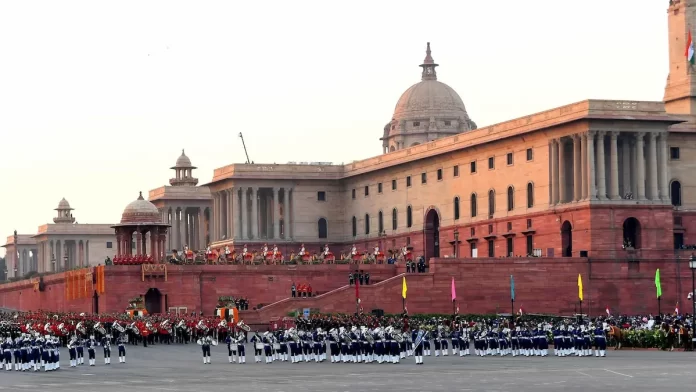The disqualification of Members of Parliament (MPs) is a critical aspect of ensuring the integrity of parliamentary systems worldwide.
In India, Britain, and the United States, the processes for disqualification involve legal provisions aimed at maintaining the decorum, ethics, and eligibility of elected representatives.
This article provides a comparative analysis of the disqualification procedures in these three countries, highlighting both similarities and differences.
India
In India, the disqualification of MPs is primarily governed by the Tenth Schedule of the Constitution, commonly known as the Anti-Defection Law.
According to this law, a member is disqualified if they voluntarily give up their party membership, vote against the party whip, or violate any party directive on how to vote.
The decision is typically taken by the Speaker of the Lok Sabha (House of the People) or the Chairman of the Rajya Sabha (Council of States) based on a petition from a concerned political party.
Britain
The United Kingdom follows a different mechanism for the disqualification of Members of Parliament.
A sitting MP can be disqualified if they are convicted and sentenced to more than a year in prison, declared bankrupt, hold an office of profit under the Crown, or are found guilty of certain electoral offenses.
The disqualification process is overseen by the Speaker of the House of Commons, and in some cases, by legal authorities such as the Electoral Commission.
Additionally, MPs can be disqualified for accepting certain government positions.
United States
In the United States, the Constitution outlines specific grounds for the disqualification of members of Congress.
Article I, Section 5 provides that each House may determine the rules of its proceedings, punish its members for disorderly behavior, and, with the concurrence of two-thirds, expel a member.
Expulsion has been a rare occurrence in U.S. history, and it requires a high threshold of support from fellow members.
Criminal convictions, however, can lead to disqualification, as the Constitution prohibits individuals convicted of certain crimes from holding federal office.
Comparative Analysis
Grounds for Disqualification:
- India: Primarily based on defection, violation of party discipline, and voting against party directives.
- Britain: Grounds include criminal conviction, bankruptcy, holding an office of profit under the Crown, and certain electoral offenses.
- United States: Expulsion can occur for disorderly behavior, but criminal convictions are a more common cause of disqualification.
Decision-Making Authority:
- India: The Speaker of the Lok Sabha or the Chairman of the Rajya Sabha makes the decision based on petitions from political parties.
- Britain: The Speaker of the House of Commons oversees the process, and legal authorities such as the Electoral Commission may be involved.
- United States: Expulsion requires a two-thirds majority vote in the relevant house of Congress.
Role of Political Parties:
- India: Political parties play a central role in initiating the disqualification process by submitting petitions.
- Britain: The role of political parties is less direct, with legal authorities and the Speaker playing significant roles.
- United States: The expulsion process is initiated and executed by fellow members of Congress rather than political parties.
Instances of Disqualification:
- India: Notable instances include the disqualification of MPs involved in defections or violation of party discipline.
- Britain: Instances are relatively rare but may involve criminal convictions or breaches of electoral laws.
- United States: Expulsion is infrequent, with criminal convictions being a more common cause of disqualification.
Conclusion
While India, Britain, and the United States share the common goal of maintaining the integrity of their parliamentary systems, the specific processes for the disqualification of Members of Parliament differ significantly.
India’s Anti-Defection Law primarily targets party defections and undisciplined conduct, Britain’s criteria include criminal convictions and financial improprieties, and the United States relies on a high threshold of support from fellow members for expulsion.
Each system reflects the unique legal and political dynamics of the respective countries, emphasizing the importance of upholding ethical standards and preserving the credibility of parliamentary institutions.
